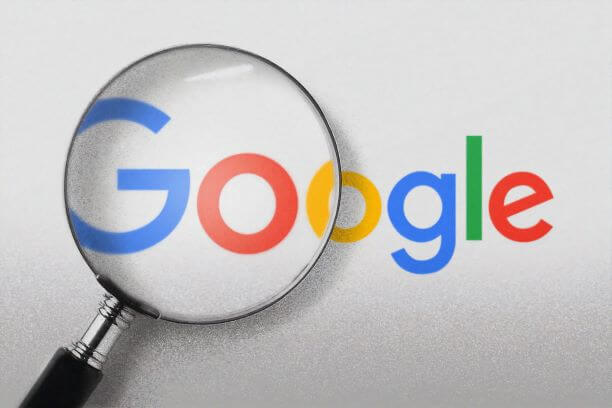
For many of us early adopters, looking back on posts from the early years of our Facebook profiles is like stepping back in time. Seeing old posts and pictures can bring up a variety of feelings and emotions, from nostalgia to embarrassment. There are sure to be surprises and things long forgotten. Cleaning up your Facebook profile may seem like a daunting task, but doing so can help increase your social media privacy protection. In addition to the privacy-protecting benefits, scrubbing old, unwanted content from your profile can help to present a better online image to potential employers or relations. By following this social media privacy protection checklist, you can control who sees what when they visit your page.
Being mindful of what is present on your social media and adjusting your privacy settings is important because of the vast amount of personal information that is available. Personal information on your social media profile can be of value to criminals such as identity thieves and hackers, who may wish to pose as you or gain access to your accounts. According to CNN, many people use things they can remember as their passwords, like a sports team or the name of a friend. Limiting the personal information you freely share on your profile and who has access to this information can help protect your social media privacy.

To start cleaning up your social media presence, Google yourself. Check to see exactly what information anyone could find about you with a quick Google search. This can also help you to assess what you may wish to remove from your current social media profiles, or which social media privacy settings you might want to adjust. If a quick Google search can yield your birthday, telephone number, and home address, then you have a lot of social media cleaning to do.

Manage Activity explained
The Facebook app has a new feature that allows you to quickly manage your older profile content called “Manage Activity”. Follow these steps to manage your old posts and tags.
Filters explained
Facebook allows you to filter your profile content by categories, dates, or by people. So, if you want to clean up specific photos or videos on your timeline you could use the “categories” filter; if you want to get rid of content from when you were in middle school you could use the “dates” filter; or if you want to delete all posts of you and your ex, you could use the “people” filter. There are lots of options to work with!
Now that you have decided which filter to use, you have two options for getting content off of your timeline: you can either “Archive” or “Trash” it. So basically you can either save it for later or delete it for good.
After you’ve cleaned up your posts, you can clean up your tags. Go back to the “Manage Activity” page, and click on “Your Tags” instead of “Your Posts”. You can also use filters here to decide which tags you’d like to remove.
Now that your old posts and tags have been taken care of, it’s time to look at your About Info section to see pages you’ve liked or followed, or groups you’re a still member of. It is up to you to decide what you’d like to keep. Try to put yourself into the shoes of someone else taking a look at your profile. What do you want them to see?
First, go to your profile page. Then, click on “See Your About Info”. Check out content from the following sections of your profile:
Yes, this is a big list. But imagine all of the information about yourself that you’ve already published on your Facebook profile. Does your profile accurately portray who you are today? (This is especially relevant if you made your profile 7 or 8 years ago). Could someone misuse any of the information that you have published? For some, cleaning up their profile may not be a priority. For those who are trying to be more privacy-aware, doing a profile scrub could help with peace of mind. Even if you don’t unfollow or unlike anything, at least you will be more aware of what you have on your profile and the public image that you are presenting.
One easy way to do this is by using Facebook’s updated Privacy Checkup tool. This article by Spy-Fy gives an in-depth explanation of how to use this tool and how it can help boost your social media privacy protection.
If you want to be more aware of your social media privacy, then let this phrase be your new mantra. If you have followed the previous steps in this checklist, then your Facebook profile is (hopefully) all cleaned up. The easiest way to keep it that way is to go forward with a privacy-aware mindset. When you post a picture, take a quick look to see what personal information you are presenting in that picture about yourself or others. When you see a post with a photo of a cute dog that asks, what was the name of your first pet? First, think – could this post be trying to guess my password? When you are tagging photos from a wild night out on the town that got a little too wild, consider the consequences a friend may face if their employer finds this photo. Being mindful of what you post can keep your social media privacy protected and help present a clean online presence. This is not to say that you shouldn’t use social media, that choice is up to you. This advice is meant to guide those who wish to use social media while trying their best to protect their own digital privacy and the privacy of others.